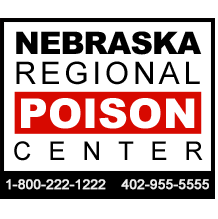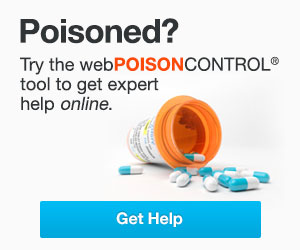4th of July Safety Tips
4th of July Safety Tips
Sunny summer days are here! There are many seasonal activities that bring joy, excitement, and much needed rest. Follow these helpful tips to promote a safe and fun upcoming 4th of July.
Fireworks contain toxic chemicals and can be dangerous if swallowed. Sparklers are the fireworks that cause the most injury. Please use with trusted adult supervision. Firework displays are no fun for pets and they should be kept a safe distance away.
Glow sticks are a common call to the Poison Center and generally result in only minimal irritation. Never puncture or cut a glow stick; the liquid can stain furniture, carpet, and clothing. If children get some of the liquid in their mouth or eyes, call the Poison Center and the nurse will tell you what actions are needed.
Only use insect repellents that are meant to be used on skin. DEET- containing insecticides should be applied sparingly to exposed skin and clothing. Lower concentrations of less than 10% DEET have been found to be just as effective as higher concentrations. It is recommended to wash off the product once returning indoors.
Hydrocarbons found in gasoline, kerosene, lighter fluids and torch fuels, are among the top ten causes of childhood poisoning deaths in the United States. Be sure to store these up and out of reach after use.
When firing up the grill or heading to a picnic, it’s important to take some precautions. Remember to keep hot foods hot and cold foods cold. The USDA recommends fully cooking all meats to ensure bacteria are destroyed to prevent food poisoning. Meats should be cooked to 160 degrees. Always use a food thermometer as you can’t tell if meat is fully cooked by looking at it.
Carbon Monoxide is not just a winter concern. Carbon monoxide is produced when fuels burn incompletely, and it has no color, taste or smell. Initial symptoms of carbon monoxide poisoning include sleepiness, headache, dizziness, blurred vision, and vomiting. Getting to fresh air is the first step to treating, then seek medical attention immediately. Major causes of carbon monoxide poisoning in the summer may include:
- Gas powered generators indoors, malfunctioning appliances with pilot lights (water heaters or gas stoves)
- Using a charcoal grill indoors, or using propane cooking equipment in enclosed areas such as tents or campers
- Swimming behind a boat or near exhaust fumes from gas-powered water vehicles
The Nebraska Regional Poison Center is a free and confidential community service to the public. When you call 1-800-222-1222, you will speak immediately to a Registered Nurse or Pharmacist 24/7/365.


Leave a Reply
Want to join the discussion?Feel free to contribute!